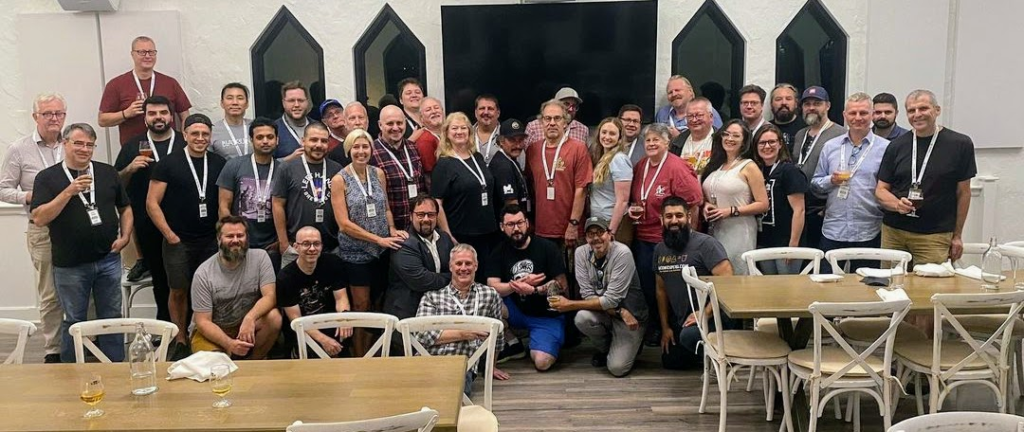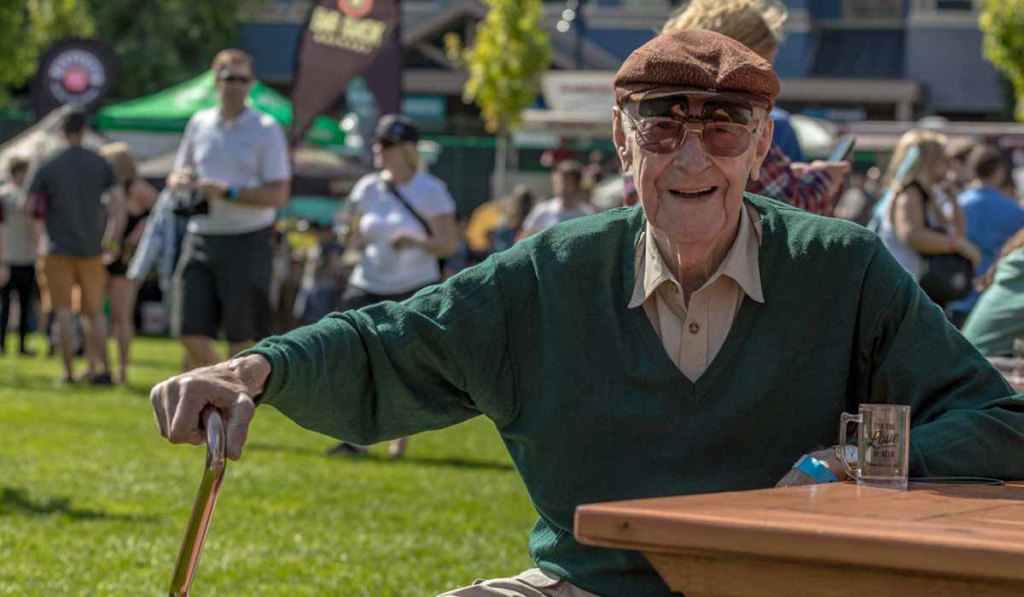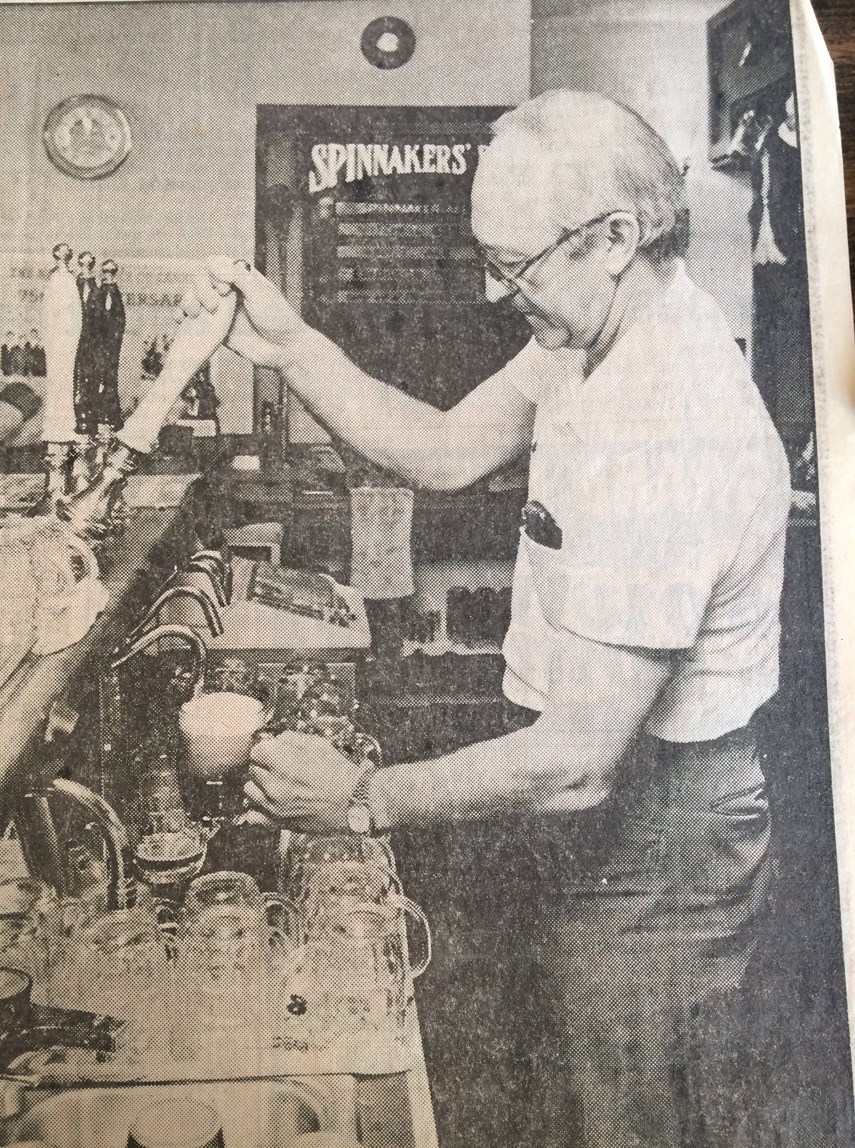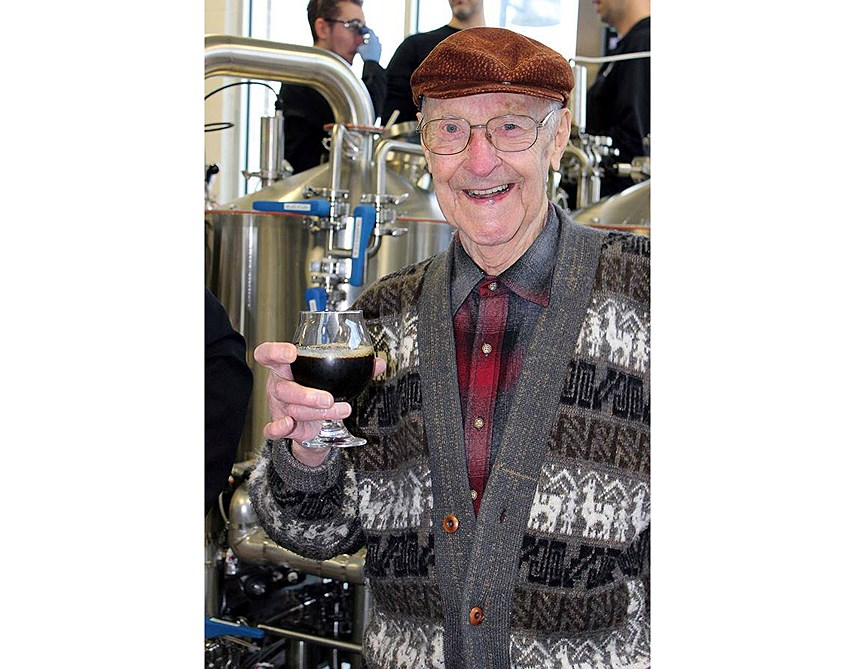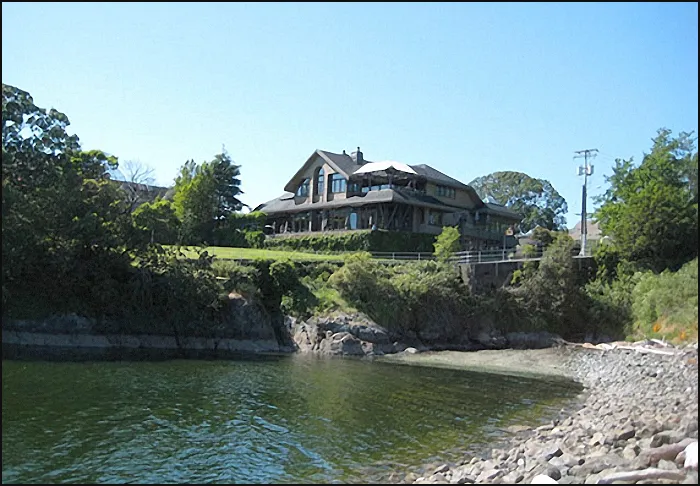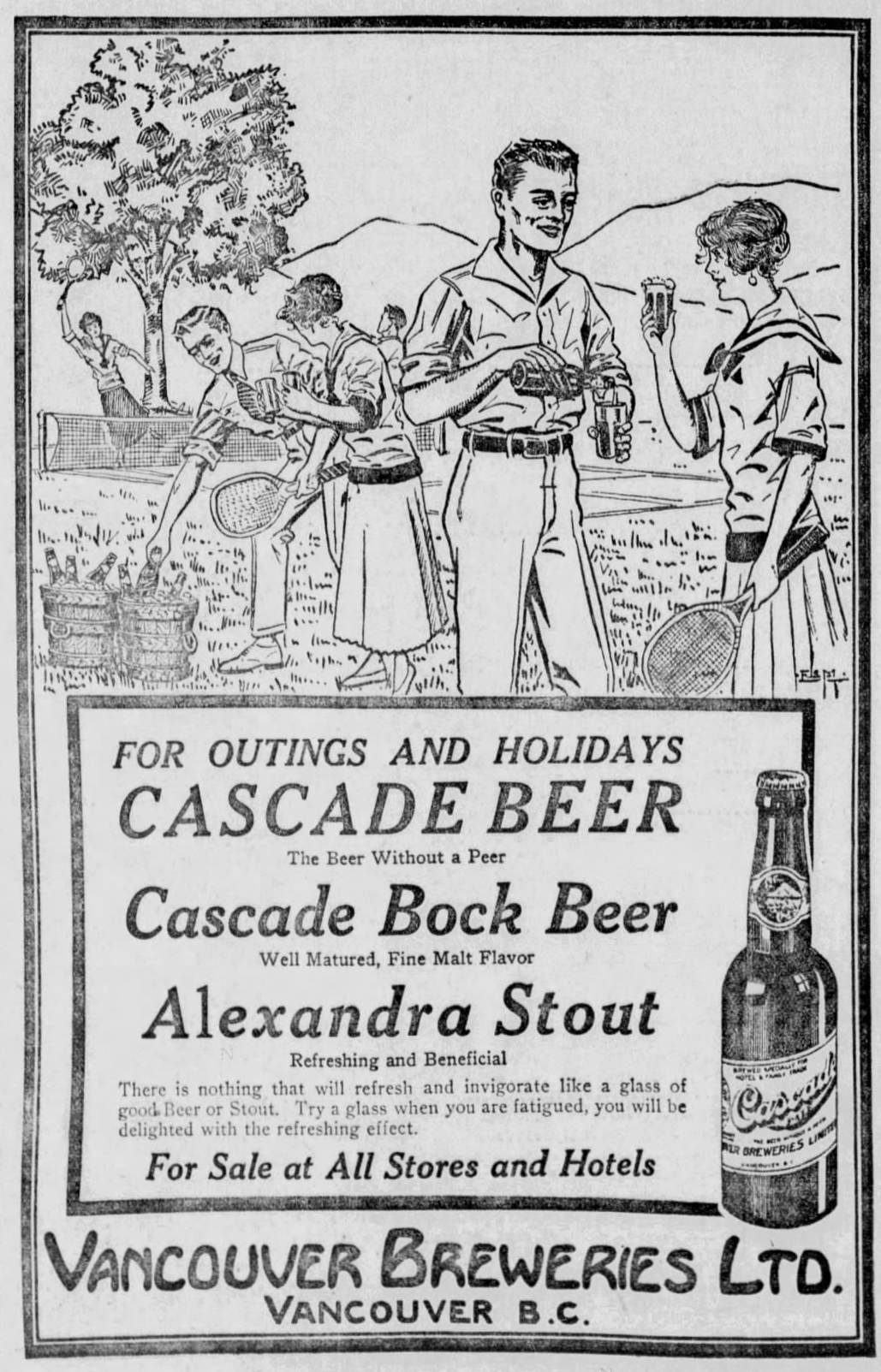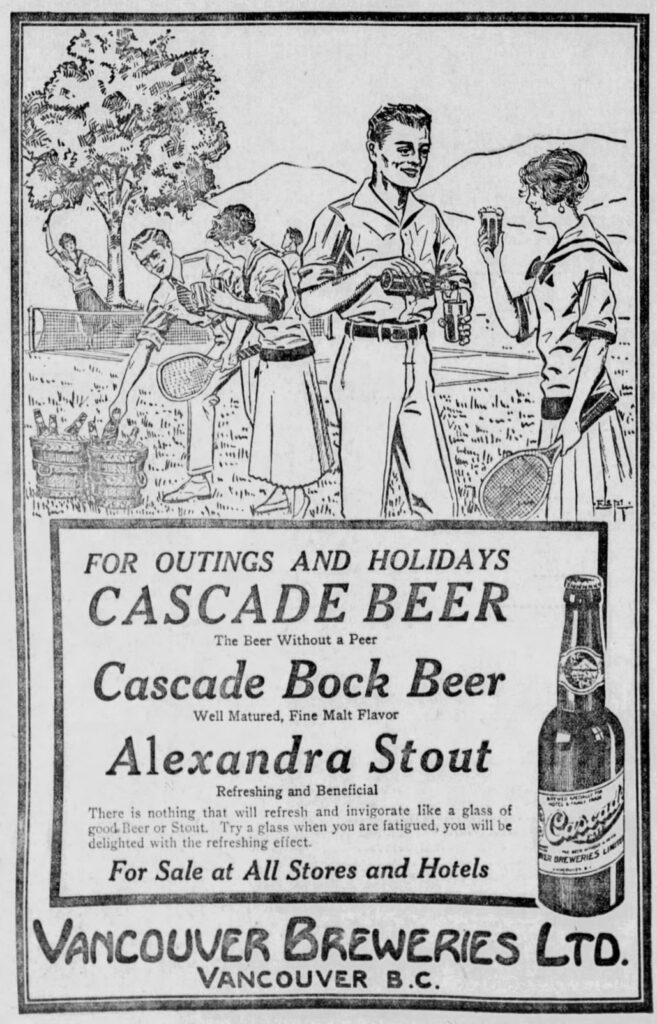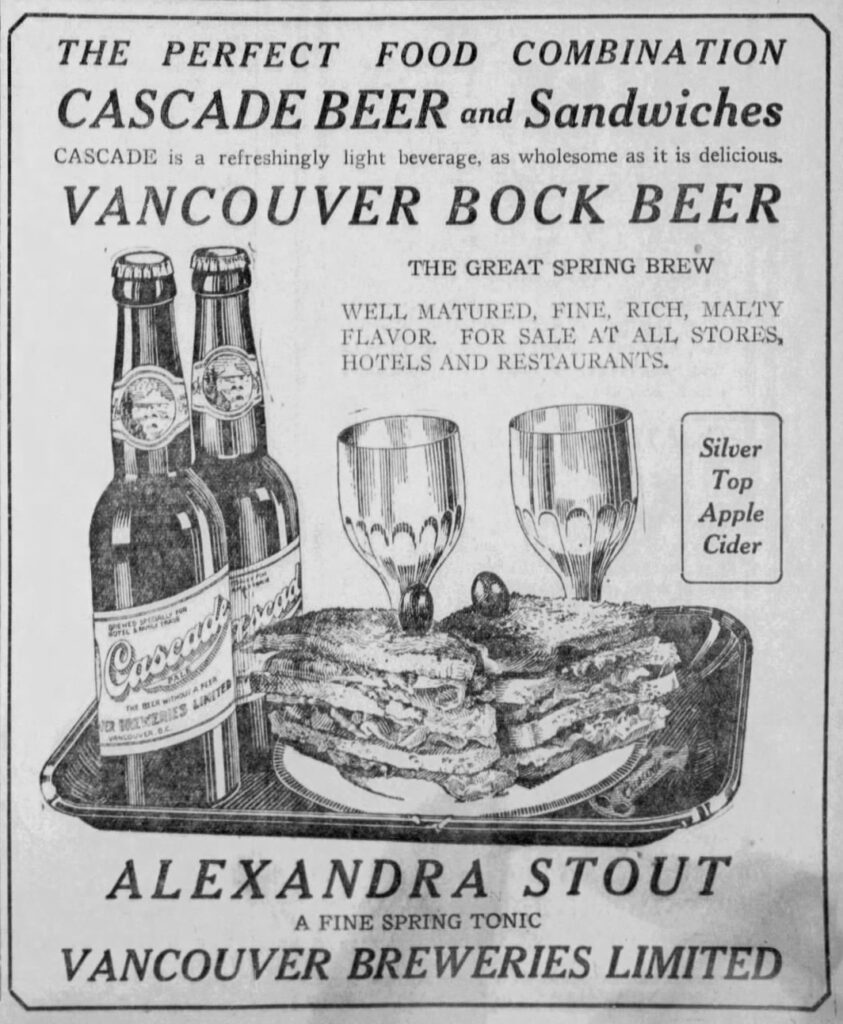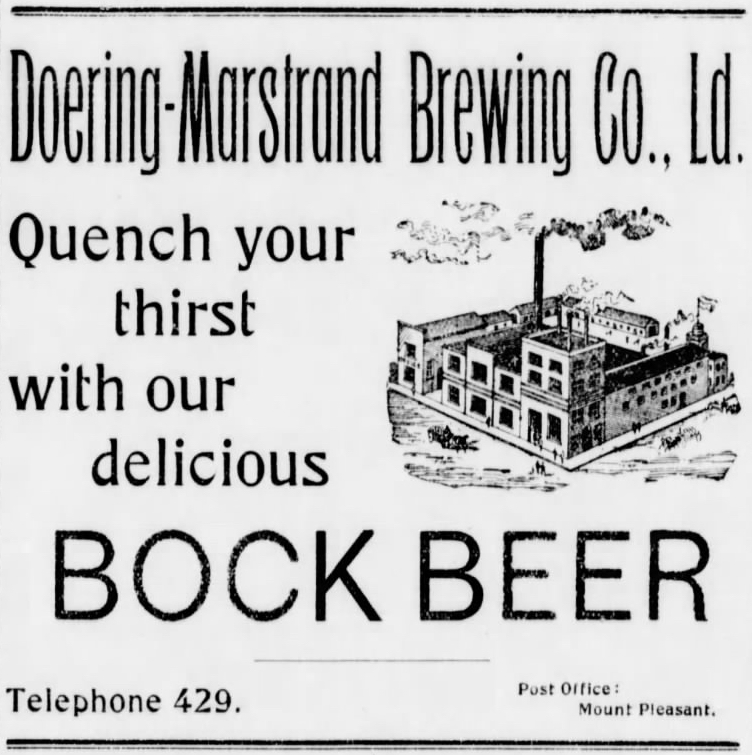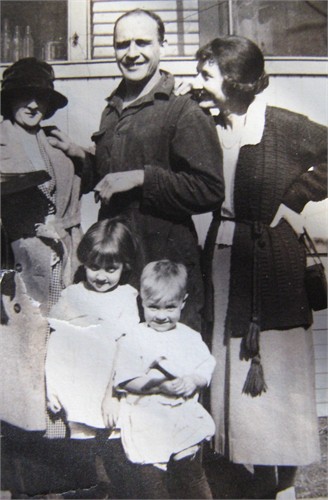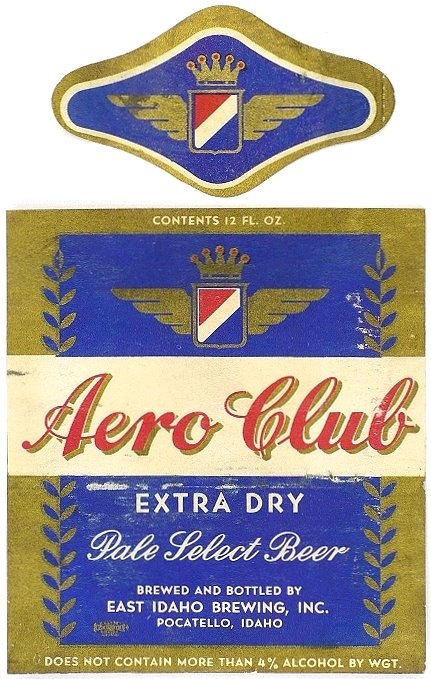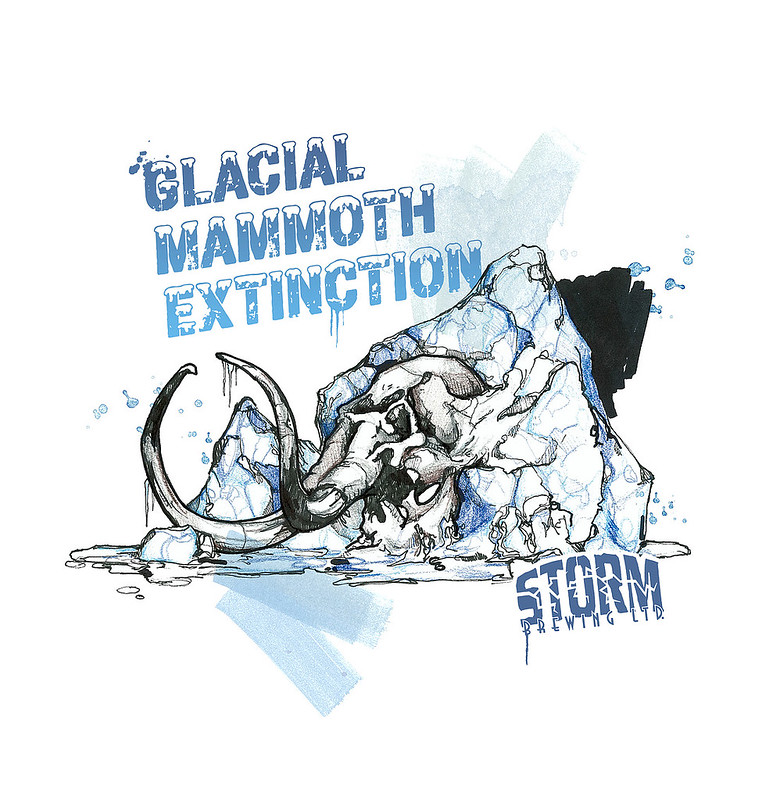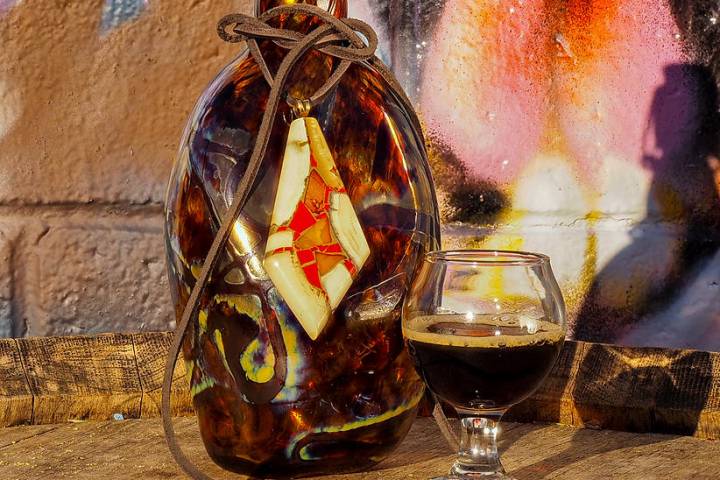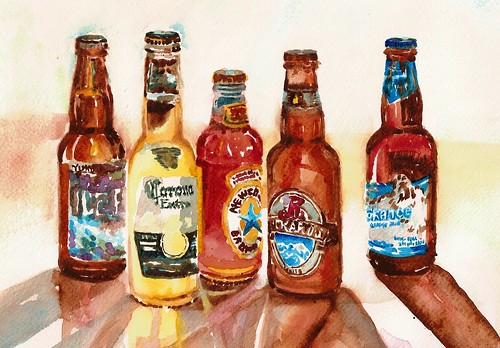
Today is the 54th birthday (maybe) of Joe Wiebe. Joe is a Canadian beer writer from Victoria, B.C. He founded the Victoria Beer Society and co-founded Victoria Beer Week. He writes online as The Thirsty Writer and published “Craft Beer Revolution: An Insider’s Guide to BC Breweries.” Joe also provides content for the BC Ale Trail, an online resource about breweries in British Columbia. I’d worked with Joe on Flagship February virtually but finally got to meet him recently while judging the Canada Beer Cup over the last few years. Join me in wishing Joe a very happy birthday.


